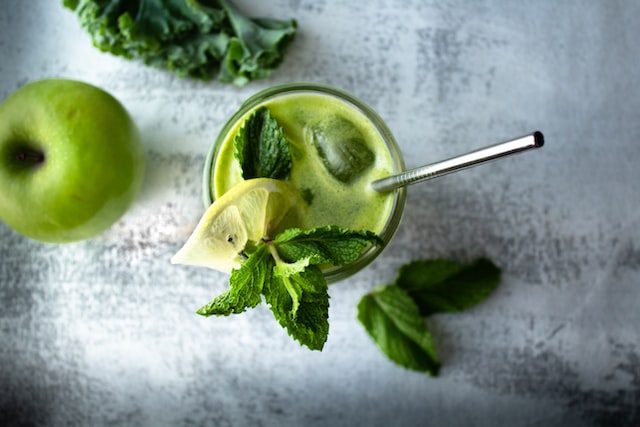
There are plenty of anti-inflammatory drugs on the market that might help provide a short-term fix for your inflammation issues. However, what reduces inflammation the most is diet – and it’s a long-term solution that can get to the root of the problem rather than being a short-term Band-Aid fix. Combined with some other healthy habits, a change in diet can be the fastest and most effective way to reduce inflammation. What kind of diet, you ask?
Let us explain.
Avoid highly inflammatory food and drinks
The way to reduce inflammation the most effectively is to reduce or completely eliminate your intake of food and drinks which are highly inflammatory.
These foods include:
- Red meat and processed meats, like bacon, sausages and lunch meats
- Refined grains, including white bread, white rice, pasta and breakfast cereals
- Snack foods, including chips, biscuits, pastries and cakes
- Deep-fried foods
- Soft drinks and other sweetened drinks
- Alcohol
Most of these foods are high in sugars, saturated fats or trans fats. Outside of red meat, most of these foods are also considered to be ‘processed foods’ which your body reacts and processes differently to natural foods. Alcohol can also cause inflammation and when combined with some of these other foods it can be double trouble for your inflammation problems.
Eat more anti-inflammatory foods
In addition to reducing your intake of inflammatory foods, you can start consuming more anti-inflammatory foods to reduce inflammation.
These foods include:
- Berries, including strawberries, raspberries, blueberries and blackberries.
- Broccoli
- Avocados
- Green tea
- Capsicums
- Mushrooms
- Grapes
- Tomatoes
- Fatty fish, including salmon, sardines and anchovies
These foods are among those which can reduce inflammation the most, containing various fats, fibre, antioxidants and vitamins which have anti-inflammatory properties.
Other healthy habits to reduce inflammation
Diet has a big impact on inflammation, but diet in combination with some other improved healthy habits will help you reduce inflammation the most. Regular exercise is a great way to reduce inflammation. Try to get add some more aerobic exercise to your schedule, as well as some weight or resistance training. Limiting your stress levels can be another way to fight inflammation, so it could be worth trying yoga or meditation if you are stressed. You should also aim to get at least seven to nine hours of quality sleep each night. When you don’t get enough sleep, blood pressure does not decline as it should and that can trigger cells in blood vessel walls that active inflammation.
Want to tackle your inflammation issues head-on?
Letting inflammation issues go unchecked can lead to serious long-term health issues including heart disease, diabetes, cancer, arthritis and bowel diseases. If you want to get on top of your inflammation issues for good, you should consult an expert functional medicine practitioner and naturopath like the Melbourne-based Luke Clarke. Luke takes a holistic approach to tackling inflammation and can create a tailored plan specifically for you.
One of Victoria’s most experienced experts in his field with decades of experience, Luke has helped many patients successfully reduce their inflammation.
Book a consultation with Luke today by calling (03) 8820 0010